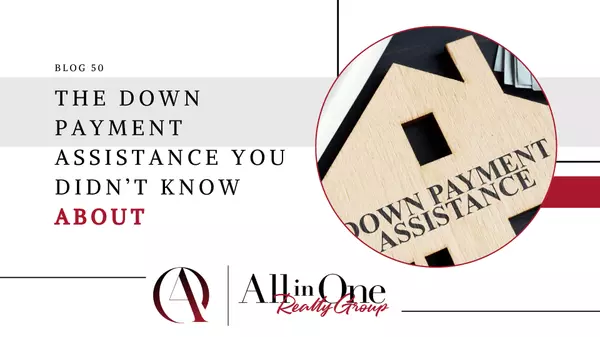
Don’t Fall for These Real Estate Agent Myths
When it’s time to buy or sell a home, one of the most important decisions you’ll make is who you’ll work with as your agent. That choice will have an impact on your entire experience and how smoothly it goes. As you figure out who you’ll partner with, it’s important to know what to expect and what

This Is the Sweet Spot Homebuyers Have Been Waiting For
After months of sitting on the sidelines, many homebuyers who were priced out by high mortgage rates and affordability challenges finally have an opportunity to make their move. With rates trending down, today’s market is a sweet spot for buyers—and it’s one that may not last long. So, if you’ve pu

How Much Does It Cost To Sell My House?
If you’re toying with the idea of selling your house, you’re probably wondering how much it’ll cost. To be honest, the final number will depend on several factors like the offer you accept, if you help with your buyer’s closing costs, how many repairs you tackle, and more. So, to give you a ballpark
Categories
Recent Posts












